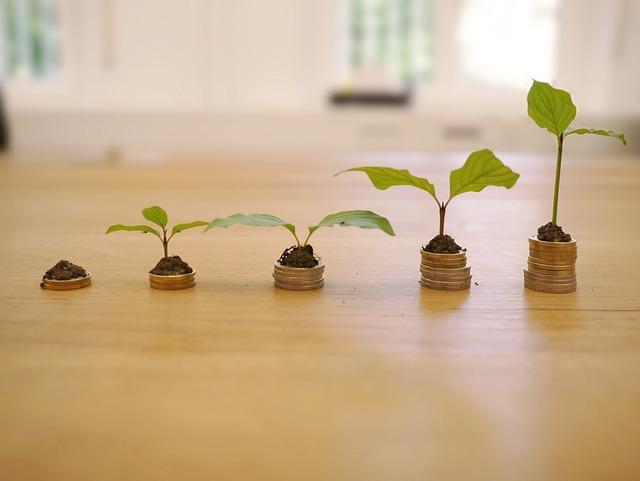Starting college is exciting. You’re juggling classes, figuring out where the best coffee on campus is, and maybe living away from home for the first time. It’s a season full of new freedom and new responsibilities. Somewhere in the mix, though, you’ll probably hear people talk about “building credit.” At first, it might sound like one of those boring adult things you can push off until later. But here’s the truth—credit shows up sooner than you think.
Want to rent an apartment with friends? You’ll need it. Thinking about getting a car loan after graduation? Credit matters. Even simple things, like setting up a cell phone plan or utilities, can come down to your score. The good news is, you don’t have to wait until you’re older to start. Building good credit in college is not only possible, it’s one of the smartest financial moves you can make right now.
Why Credit Even Matters
Picture this: you’ve finally found that perfect off-campus apartment. The location’s great, the rent is manageable, and you’re already imagining your posters on the wall. But then the landlord says, “We’ll need to check your credit.” Suddenly, you’re stuck wondering—what credit?
That moment right there is why credit matters. It’s not just about credit cards or loans. It touches things you don’t expect—like renting an apartment, setting up utilities, even landing certain jobs. Credit is basically your financial reputation. And just like any reputation, it takes time to build.
College is the sweet spot to start. You don’t need six-figure paychecks or massive loans to grow it. What you need is consistency, a little patience, and some smart moves along the way.
The Basics Made Simple

Let’s strip away the jargon. A credit score is just a number that shows how reliable you are with borrowed money. Think of it like your financial GPA. Higher score? People trust you more. Lower score? They’re a little cautious.
But here’s the kicker—it’s not only about debt. You can have a great credit score without drowning in loans. What really counts are a few main factors:
- Payment history: Do you pay bills on time?
- Amounts owed: Are you maxing out your card or keeping it under control?
- Length of history: How long you’ve had credit.
- Responsible usage: Not applying for every shiny new card that pops up.
These pieces add up to your “financial story.” Lenders and landlords look at it to decide whether they can trust you.
Starting Line: How to Build Credit From Scratch
Okay, so you’re in college and starting from zero. How do you even begin?
One easy option is a student credit card. These cards are designed for beginners, so they’re easier to qualify for. You won’t get a huge limit—maybe a few hundred dollars—but that’s actually a blessing. It forces you to keep things manageable.
If you can’t get approved, a secured credit card is another route. Here’s how it works: you put down a deposit, say $200, and that deposit becomes your credit limit. You use it just like a normal card, and over time, you prove you can handle credit responsibly.
Another clever move? Ask a parent or close relative if you can become an authorized user on their card. You don’t even have to use the card. Just being attached to their account can give your credit a head start.
Think of this stage like planting seeds. You won’t see a full garden overnight, but give it a little sunlight and time, and things will start to grow.
Everyday Habits That Quietly Boost Your Score
Here’s where most students slip up—it’s not the big moves, it’s the daily habits that shape your score.
The golden rule? Always pay on time. Even if it’s just the minimum payment, being consistent shows you’re trustworthy. Late payments are like red flags on your record, and they stick around way longer than you’d like.
Next, keep your balance low. If your limit is $500, try not to spend more than $150–200 before paying it down. Lenders like seeing you use credit but not relying on it too heavily.
Also, don’t let your card sit unused forever. Make a small purchase here and there—a tank of gas, a pizza night—and then pay it off. It’s like keeping your credit muscles active.
And yes, those late-night online shopping sprees? They add up fast. Credit should feel like a tool, not free money. The more you treat it that way, the smoother your financial path will be later on.
Common Slip-Ups And How To Dodge Them
Building credit isn’t rocket science, but there are traps you’ll want to sidestep.
First up: overspending. It’s easy to think of your card as extra cash. But remember, it’s borrowed money. Spend only what you can pay off.
Then there’s the classic “oops, I forgot” payment. Even one missed payment can drag your score down. Setting reminders or autopay can save you here.
Another mistake? Closing old accounts too quickly. Length of history matters. That dusty old card with no balance? Keep it open—it’s quietly helping you.
And finally, hard inquiries. Every time you apply for new credit, it leaves a small mark. Too many in a short time makes you look risky.
These slip-ups are common, but they’re easy to avoid once you know what to watch for.
Playing The Long Game
Here’s the truth: credit is not an overnight achievement. It’s more like training for a marathon. You build it step by step, month by month.
The earlier you start, the longer your history becomes, and that alone gives your score a natural boost. When it’s time for big life moments—buying a car, applying for a mortgage—you’ll thank your younger self for getting started early.
Building good credit in college is absolutely doable. You don’t need big money or complicated tricks—just steady, smart habits.
Start with one small step today. Grab a student card, make a tiny purchase, and pay it off. That’s the beginning of your credit story, and future-you will be seriously grateful.












